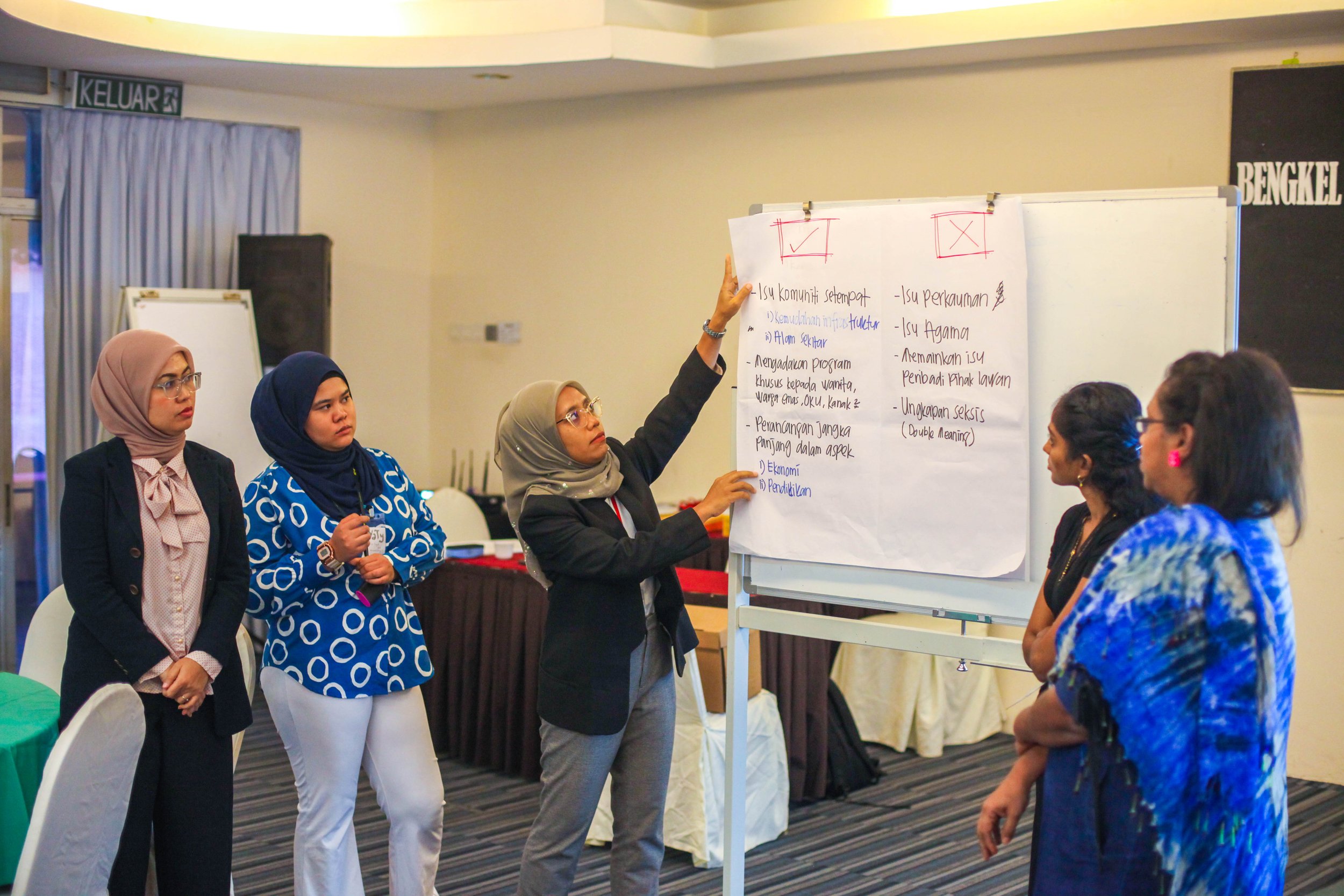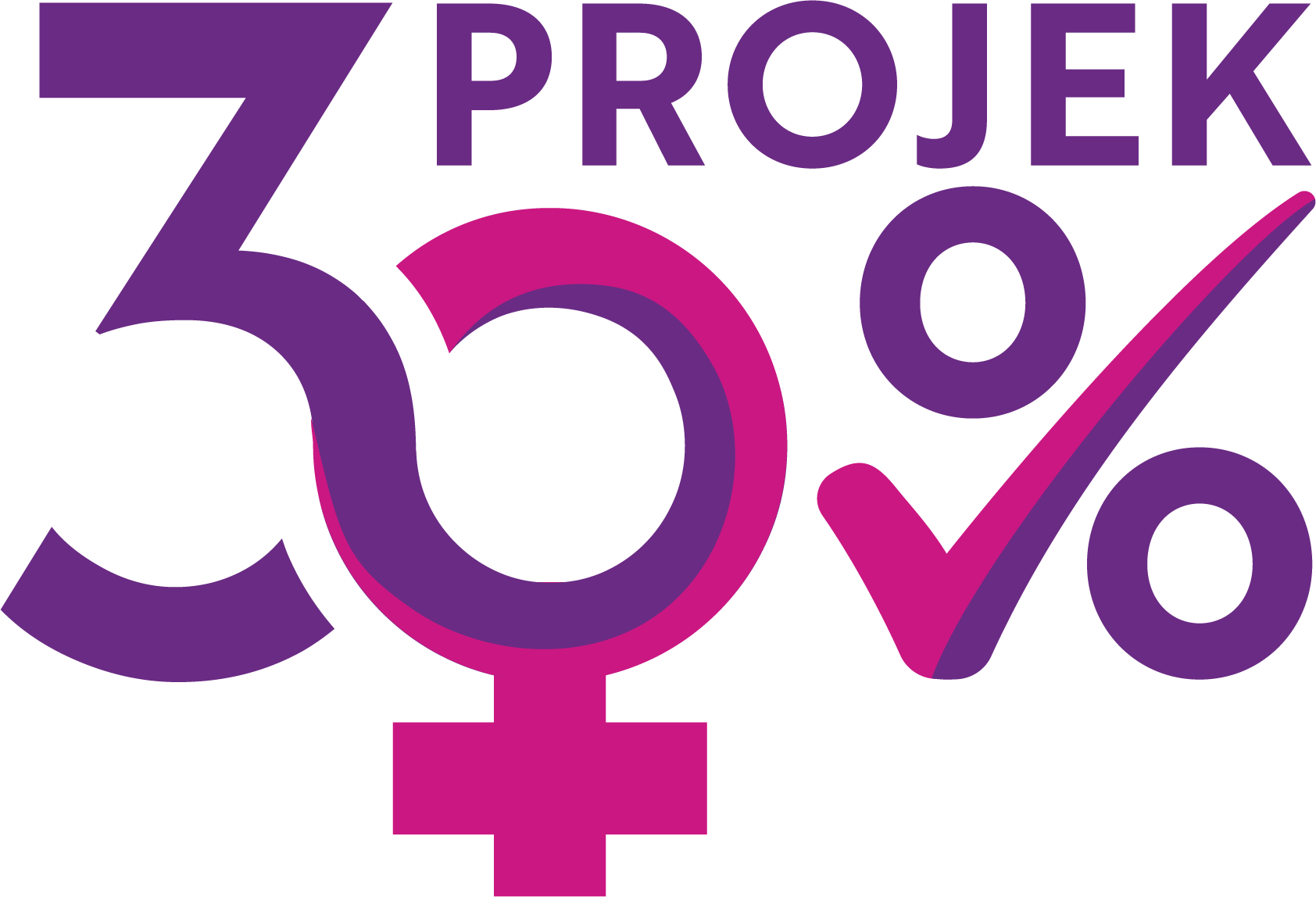We believe that gender equality is important in achieving a thriving democracy.
EMPOWER’s two primary thrusts are:
1. Women’s Political Participation
EMPOWER believes that women’s political participation (WPP) is a prerequisite for the full realisation of women’s rights in both the public and private spheres. In a functioning democracy, WPP allows for women’s direct engagement in public decision-making and is a means of ensuring better accountability to women by the State and Non-State actors.
As the 2011 UN General Assembly resolution on women’s political participation notes, “Women in every part of the world continue to be largely marginalized from the political sphere, often as a result of discriminatory laws, practices, attitudes and gender stereotypes, low levels of education, lack of access to health care and the disproportionate effect of poverty on women.”
Enhancing Women’s Political Participation Workshops
Since 2023, Empower has been working towards increasing women’s political participation especially for women from marginalised communities through a series of workshops that aims to encourage participants to engage in conversations, debates and exercises in order to expose them to the key themes, processes and understanding of women’s rights and how they can be more politically empowered. Learn more about our EWPP workshops here.
Our work in this area includes undertaking activities and projects such as
actively encouraging the participation of young women from diverse backgrounds and identities to be engaged in the promotion of WPP
development of campaign/education materials on WPP
active engagement with key stakeholders on this issue such as parliamentarians, media etc in the electoral reform processes
increasing the number of women in decision making positions i.e the 30% critical mass quota
other related issues
2. Women’s Participation in Development
Work undertaken in this area is focused on the promotion of development programmes and agendas that fully realises women’s rights while advancing a just and gender-equitable model of development. All development programmes and agendas undertaken by any State must be centred on human rights standards and norms including the 2030 Sustainable Development Agenda
A feminist approach is used to understand and analyse development programmes/agendas. Work undertaken in this area include
Understanding the implication of technological advancements, especially of the internet and related technologies on women’s rights (digital rights)
Using a feminist perspective in Business and Human Rights and other finance related themes
Supporting the participation and voices of communities that are often ignored – the urban poor, the indigenous communities, peoples with disabilities, etc
Other issues/themes related to economic, social and cultural rights




